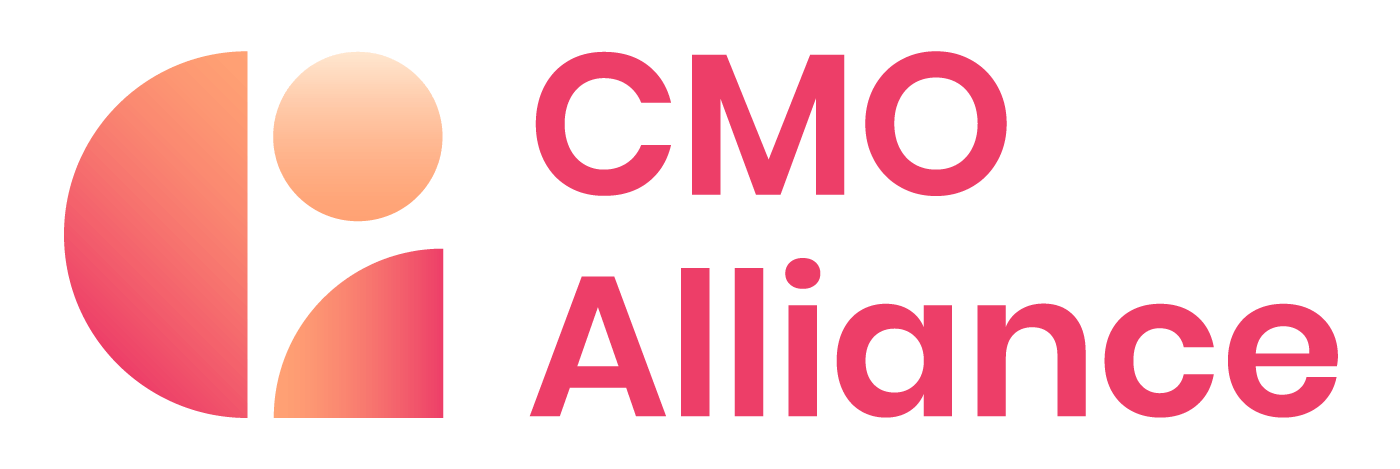A resilient job market means that, for the time being, talent retention will remain as one of the most pressing challenges facing companies. And in this increasingly competitive landscape, business leaders’ ability to attract and retain top talent will remain critical to their sustained success.
In fact, one-third of marketers recently surveyed revealed that finding employees with the right skill set is their single greatest obstacle — for reasons ranging from greater demand for skilled workers to shifting priorities among the workforce. With this in mind, ensuring you have the best talent in place is one of the biggest marketing challenges today.
The cost of employee turnover
Meanwhile, employee turnover is costing companies dearly at a time when the economic outlook is mixed and marketing budgets are already squeezed, as employers seeking talent are forced to allocate resources to everything from advertising for an open position to adding to the workload of existing staff.
The actual cost of replacing an employee can range from 0.5 to 2 times the employee’s annual salary, while replacing a C-level position can cost up to 213 percent of their yearly pay. Meanwhile, the indirect cost of turnover (by way of factors like productivity and morale) account for two-thirds of the total cost. Then, of course, there are those instances where an ill-advised hiring decision is made, leading to a necessary separation.
At our agency, The Ricciardi Group, we’ve made talent retention a cornerstone of our business strategy, achieving a near-perfect retention rate over the past five years.
Despite unprecedented hurdles like the pandemic and the shift to remote work, our commitment to nurturing our team members continues to drive sustainable growth and innovation.
Given the paramount importance of talent retention in marketing, here I'll share four retention strategies that have worked for us – and which could work for your organization.
Four proven strategies to keep and nurture top marketing talent
1) Relationship-based hiring
As many traditional recruitment methods (i.e., job boards, consultants) can fall short in identifying candidates who truly align with an agency’s culture and values, we prioritize relationship-based hiring and referrals. By leveraging personal connections and existing relationships, we are able to tap into whole networks of trusted professionals who share our vision and ethos.
We advocate for a “dating before marriage” policy, where candidates are initially engaged on a contract basis before transitioning to a full-time role. This allows both parties to assess compatibility and fit before making a long-term commitment.
Our philosophy extends beyond merely filling roles, however. We specifically seek out individuals whose values resonate with our culture. Rather than focusing solely on qualifications and experience, we prioritize hiring for the individual rather than the role. This approach allows us to identify candidates with the potential to grow and thrive in our organization over a long period of time.
“There is a level of trust amongst the Ricciardi Group team that allows for flexibility when needed,” one employee noted. “If your coworkers know you’ll get the job done, they won’t question how or when.”
2) Acting on employee feedback
We believe a positive and supportive workplace culture is essential for attracting and retaining top talent. Our “always be listening” culture encourages open communication and feedback, allowing us to address concerns and adapt to evolving needs proactively.
Employee feedback has revealed that our top priorities do, in fact, align with those of our team members. Benefits including 401k contributions, generous health insurance coverage, and opportunities for personal and professional growth are all important to our company’s leadership and consistently rank chief among our employees’ priorities.
3) Flexible working practices
Our flexible work policies, including generous personal time off and holidays, also rank highly among our employees. Embracing a hybrid work model, we ensure that both physical and virtual connections remain strong, fostering collaboration and camaraderie among team members.
But nobody relates the benefits of our hybrid model quite like our own people. As our digital marketing director put it: “The remote setup works for me because it’s so seamless. I came on late in the pandemic … [and] it’s always felt easy to connect with coworkers and collaborate remotely.”
While in-person meetings are important, she said—noting that one of the biggest opportunities for her to establish connections and build rapport was a birthday party his teammates threw for him in his first two weeks at the company—striking a balance between remote and in-office is key. “Though the virtual hangouts help,” she added.
A senior associate related, meanwhile, that working in person has always been important to her, especially as she is at the beginning of her career. “It’s allowed me to be a sponge and soak up all the industry knowledge from the bench of creative, strategic and digital marketing experts here,” she explained.
At the same time, our head of digital strategy, who is fully remote, speaks to the value of her own arrangement. “Despite not being physically present in the office, I still feel connected to the culture and fabric of the company,” she related, noting that various ways she has felt integrated with her teammates include virtual communication tools like Slack and video conferencing, virtual team-building activities and social events, clear communication of company values and goals from the leadership, and inclusive policies that take into account remote employees, including flexible meeting times and asynchronous communication.
We also believe people want to feel like the work they do has impact and meaning—they want to care about their mission. Part of listening is allowing our employees to help shape our mission and our vision so they can see themselves in it and are completely bought into driving that mission and vision forward.
That’s why at our company, we encourage our people to bring their full selves to work—not just for the benefit of work/life balance but also work/life integration, where you don’t have to leave your personal life at the door each morning.
As one remote worker noted, the hybrid working model allows for a more seamless integration of work and life, reducing commute stress and expanding housing options. “It’s allowed me to live in my ideal location, a place with lower cost of living and closer to the beach/warmer weather year-round,” he said. “This freedom enables me to access elements that fulfill my everyday life—proximity to friends that live similar lifestyles, outdoor activities and a smaller community".
4) Client success = increased compensation
Naturally, pay also plays a key role in attracting and retaining talent. But while competitive salaries are a given, we go beyond industry standards, offering even more generous compensation and a unique bonus structure tied to client success—and how that client success translates to our own organization’s success.
By prioritizing the tangible connection between the successes of our clients and employee compensation, we create a culture where every team member is invested in our growth and success.
To us, bonuses should equate to a share of profit in the business, something we make sure all our employees understand. When we have a good year, we all have a good year. That encourages supporting the company’s ranks beyond just your own department or your team. Because when one of us is struggling, all of us are struggling. Shared accountability creates shared responsibility, which fosters a culture wherein everyone is incentivized to lift each other up.

Stability as a talent retention strategy
Efficient operations and a long-term vision are also fundamental to our story. To ensure stability and financial security for our team, we prioritize strategic management and cost-effective measures.
That’s the “how” we do it. As for “why” we do what we do?
Because we understand that safety and security are paramount to us all. It's the base of Maslow’s pyramid of needs and higher-order objectives—like producing world-class work—cannot be achieved unless one has those as a foundation.
And this is our foundation: to be unshakeable and make sure our people know they are safe, and we manage the business in a way that reinforces that. It’s what allows our employees to call us their professional home and not just their job.
A key element in all of this is to maintain transparency and a clear line of communication, which our employees rely on. “Clear communication of company values and goals from our RG leadership team continuously helps me to understand expectations and align myself with our culture,” one team member noted.
I can’t think of a better example of making our people feel safe and supported than the challenge posed by the pandemic, when I personally absorbed the initial impact, prioritizing our team’s well-being and security. And our commitment to efficiency extends to every aspect of our operations—from negotiating office space to optimizing our insurance plans.
By focusing on individual potential and adaptability, we future-proof our growth strategies and maintain resilience even in times of uncertainty. Our long-term hiring and growth strategies emphasize the importance of investing in talent and fostering a culture of innovation and excellence.
The upshot: talent retention requires a comprehensive, strategic approach. By prioritizing relationship-based hiring, investing in culture and growth, aligning compensation with client success, and maintaining efficient operations, your agency can cultivate an environment where we all thrive and that acts as a magnet for other top talent.
It's the responsibility of agency leaders to prioritize their most valuable asset: their people. Implementing these strategies builds a culture of excellence, drives sustained growth, and positions your business for long-term success in an ever-evolving industry.
A little about the author
Marisa Ricciardi is the founder and CEO of The Ricciardi Group. She's an entrepreneurial marketer and trusted advisor during periods of organizational growth, acquisition, and change.
Marisa has extensive experience developing and refreshing business strategies, restructuring organizations, and building new business ventures and teams from the ground up.
In addition to her role as agency CEO, she's also a founding member of Extraordinary Women on Boards, a community of women corporate board directors focused on board excellence, modern governance, and board diversity.



